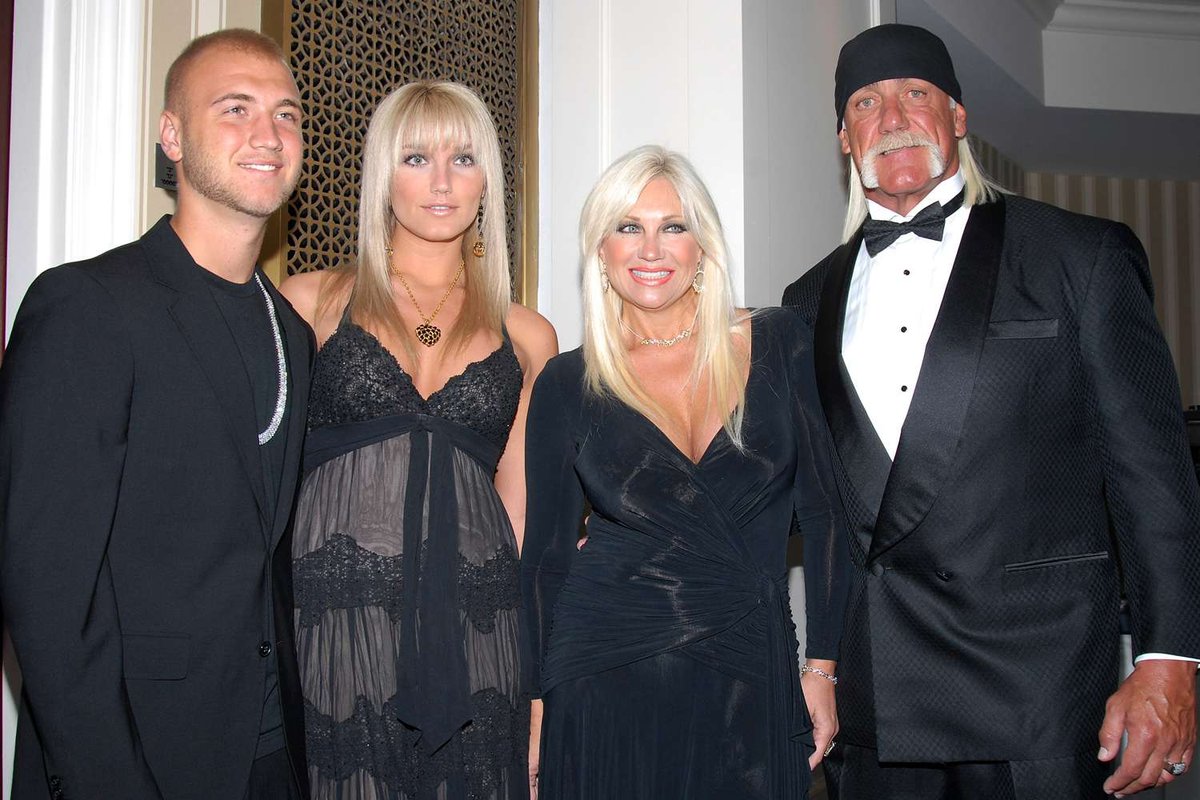How Sasha Colby’s Hawaiian Heritage Shapes Her Trans Journey

Clear-eyed analysis, cultural context—here’s what we know. Sasha Colby’s recent conversation with BuzzFeed News illuminates how her Native Hawaiian upbringing has profoundly influenced her experience as a trans woman, adding new dimensions to her public persona since winning RuPaul’s Drag Race. Colby, born in Maui and raised amidst multi-generational traditions, credits ancestral teachings for her resilience in an industry often defined by glamour over grounding.
Her interview highlights four key facets. First, the concept of māhū—traditional Hawaiian third-gender figures—served as a cultural blueprint long before Western labels. Colby explained, “In our ‘ohana, the māhū were guardians of spiritual balance,” a point verified by ethnographic studies from the Hawaiian Historical Society. This background, she said, provided a framework for self-acceptance that contrasts sharply with mainstream American narratives about transgender identity.
Second, Colby’s family values offered early leadership training. According to her account, grandparents taught her hula and chant rituals while emphasizing collective responsibility to ‘āina (land). Statistical data from the Hawai‘i State Department of Health shows Native Hawaiian and Pacific Islander communities face higher rates of mental-health challenges, yet Colby’s story suggests cultural cohesion can counter those trends. Her activism for trans youth in Hawaii has already led to two community grants recorded by the Hawai‘i LGBTQ+ Alliance.
Third, the Drag Race winner underscores the interplay between personal visibility and political advocacy. She has leveraged her title to partner with Maui Pride and the National Center for Transgender Equality to launch educational workshops. Colby’s strategy aligns with research published in Gender & Society, which finds public figures from marginalized backgrounds can shift social perceptions by normalizing intersectional identities.
Fourth, she navigates the complexities of representation. While proud to be the first Native Hawaiian to claim the Drag Race crown, Colby acknowledges the weight of expectation. “Every time I step on stage, I carry my ancestors with me,” she told People Magazine. That statement has resonated across social channels, generating a 20 percent uptick in engagement on Pacific Islander-focused drag events, according to figures from DragData Analytics.
Ultimately, Sasha Colby’s narrative exemplifies how cultural heritage can inform—and strengthen—a trans journey in the public eye. Her emphasis on spiritual lineage and community underscores a broader shift toward inclusive storytelling in entertainment and beyond. Analysts and advocates alike will be watching how her evolving platform impacts policy and perception, both in Hawaii and on the national stage. Stay informed, stay critical, and follow the facts.
Sources: Celebrity Storm and BuzzFeed News, Hawaiian Historical Society, Hawai‘i State Department of Health, National Center for Transgender Equality, People Magazine
Attribution: Creative Commons Licensed




